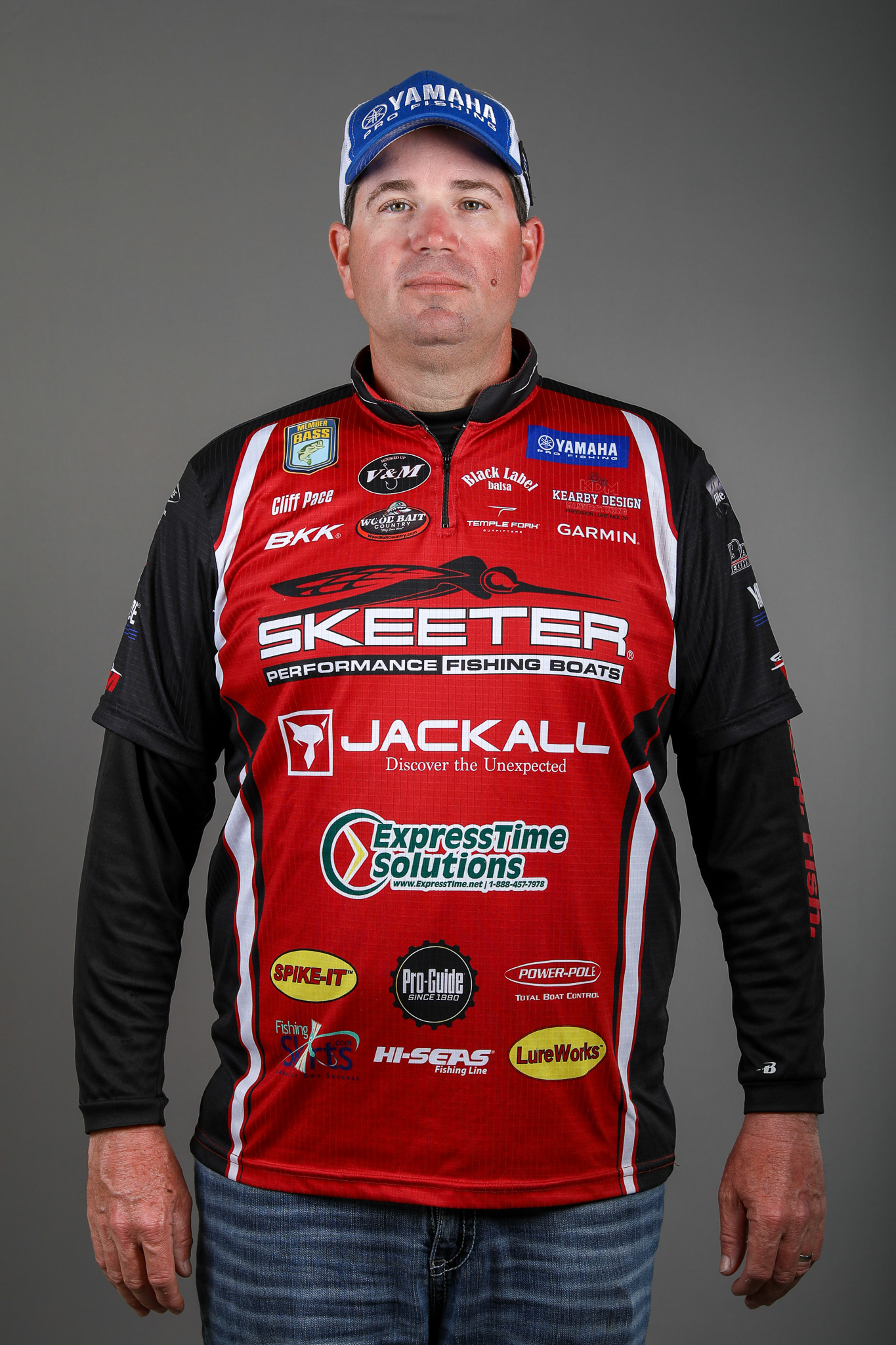Our next Elite event is on the Alabama River, and like every other body of water, it presents its own unique challenges.
The first thing I think about when planning for a river tournament is that any kind of super-deep bite is out of the question. There's just not enough water for it. Instead, you can count on a relatively shallow bite — probably 10 feet or less.
The second thing I know going in is that river tournaments are typically more area-oriented than pattern-oriented. Practice will be less about finding the right technique than it will be about finding the right area. And since the Alabama River is likely to "fish small" (competitors are going to be crowded into the same spots), locating a winning area is critical, and it may also be necessary to find an area that's remote or otherwise difficult for others to find and fish — either that or find a way to protect it from other anglers.
That said, there are basically two styles or speeds that could come into play on the Alabama River. Let's call them "fast" and "slow."
"Fast" means horizontal baits like crankbaits and spinnerbaits that you can fish pretty quickly and cover water. "Slow" will basically mean flippin' and pitching to shallow, visible cover. I'll spend some practice time trying both and try to develop a pattern for each.
It's pretty common to go into a river tournament at this time of year needing one fast pattern for low light conditions or windy days and a slow pattern for when the sun's up and the water is slick. If you don't have one of both, you're probably not going to put yourself in a position to win, and you're almost certainly going to have long stretches when you're not catching much. Rivers that fish small can be a real grind.
Since location is such a big part of success on a river, a lot of my practice has centered around Google Earth. It's a great tool for learning your way around and determining whether or not little creeks and ditches run into bigger water with potential for a good population of bass. Before Google Earth, you had to run all the little tributaries to see if they amounted to anything. Now you can have a pretty good idea before you launch.
Rivers probably offer more of a home angler advantage than any other type of fishery, but technology is helping to close the gap. The best local anglers know every nook and cranny, creek and backwater, but map study can cut into that advantage some.
Once I get on the river and find some productive water, I'll need to figure out if I'm in an area that gives me a chance to win. If I am, I may have to camp on it and protect it from other competitors. But if it's not going to give me a chance to win, there's no point in protecting it. I'd be better off searching for new water.
Cliff's notes:
Tournament preparation starts long before you ever hitch up your boat.





